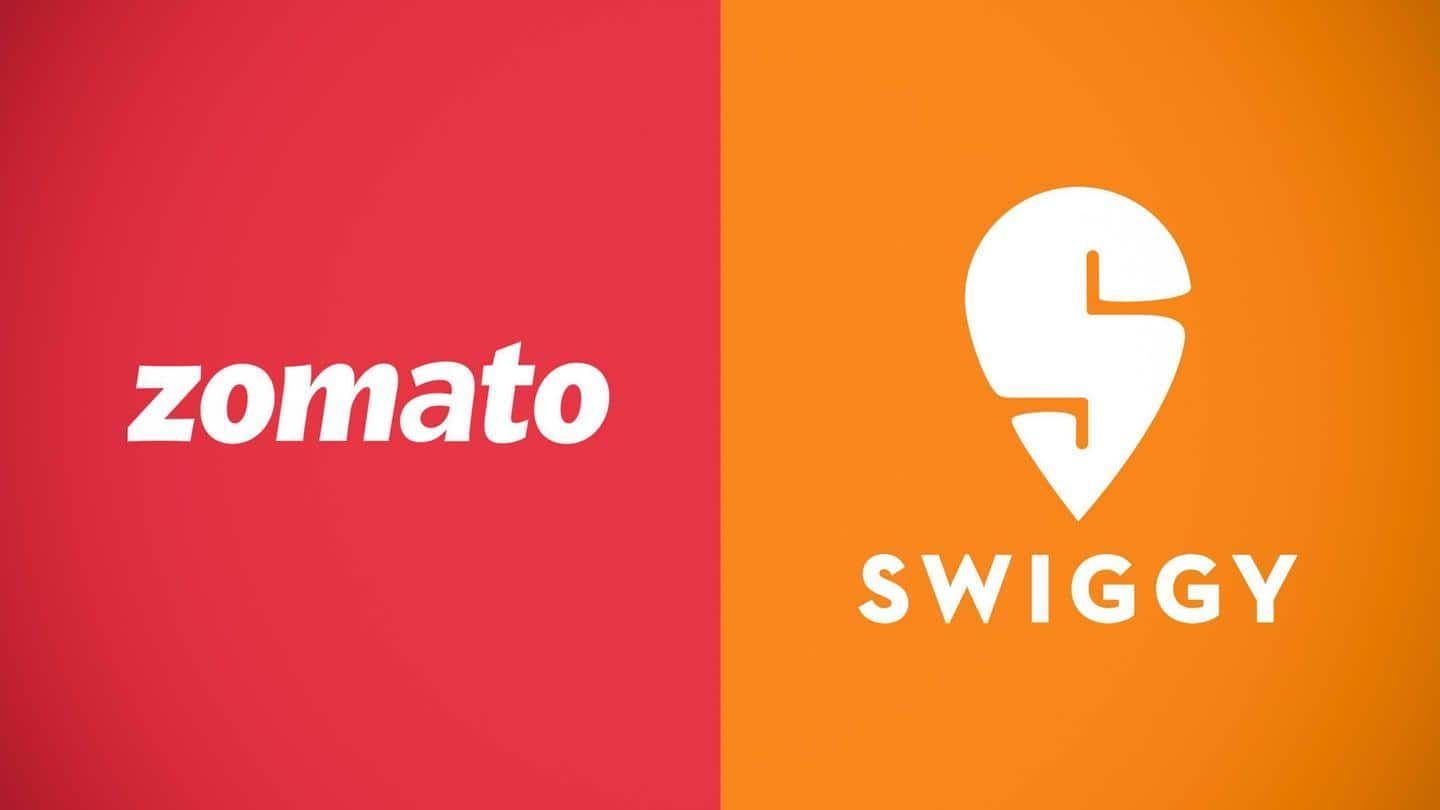
Zomato, Swiggy orders may get more expensive from next year
What's the story
Food delivery services like Swiggy and Zomato will be required to collect and pay goods and service tax (GST) on behalf of all eateries on their platforms starting January 1, 2022.
At the 45th GST Council meeting earlier this year, Finance Minister Nirmala Sitharaman proposed a tax structure reform for hyperlocal food-ordering services.
The proposal was accepted and will be effective from January 1.
Context
Why does it matter?
Food aggregators will be required to pay 5% GST on cooked food orders placed through their platforms starting Saturday.
Experts say the change would have an impact on both end-users and small businesses.
Due to the change in the tax structure, Swiggy and Zomato are projected to have an increased compliance burden.
However, this action will reduce restaurant tax evasion, according to the government.
Tax evasion
Why did the GST Council make this move?
The new structure was approved by GST Council in order to crack down on restaurants that do not pay taxes.
Several eateries had been dodging taxes despite the fact that customers were being charged the same, according to the government.
According to estimates, the exchequer reportedly lost Rs. 2,000 in taxes over the last two years due to suspected underreporting by food delivery aggregators.
GST
Food aggregators are liable to collect GST from all restaurants
According to the new structure, every order a platform receives from a restaurant requires a separate GST input.
The 5% GST obligation will be in addition to the existing 18% GST that platforms are required to pay for providing delivery services through their platforms.
The tax will effectively be applicable to the price of the food item delivered to consumers through these platforms.
Information
What impact will the change in tax structure have?
Consumers' e-com food bills are expected to marginally rise from January 1, according to analysts.
"It is expected that there would be a significant increase in the compliance load for e-commerce food operators," MS Mani, Partner, Deloitte, told Gadgets 360.
Small restaurants will also see an impact on revenue, which will force them to charge extra for orders delivered apps like Swiggy and Zomato.